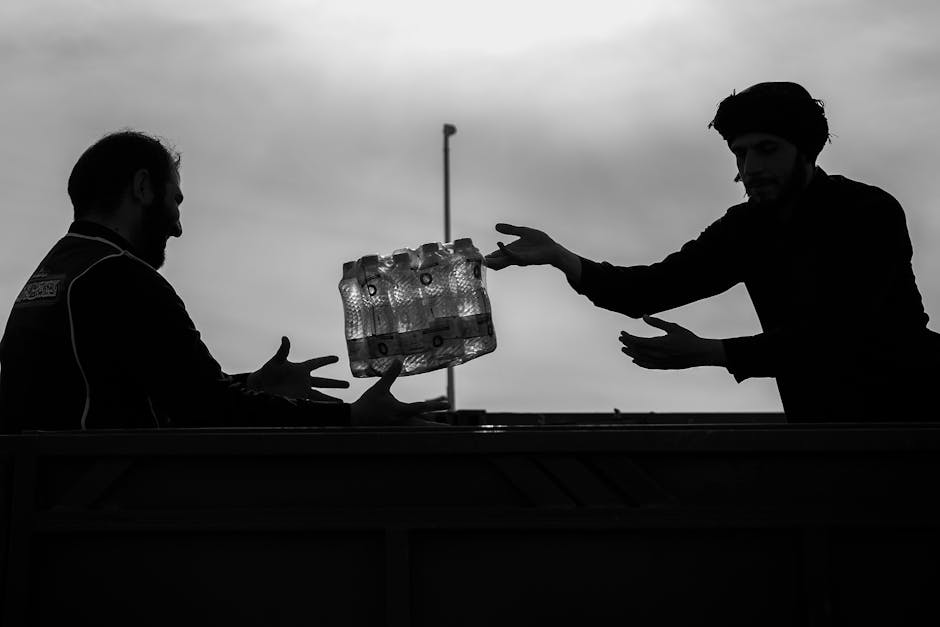Germany’s Defense Shift: From Pacifism to Preparedness
In a historic policy reversal, Germany’s blunt-speaking Defense Minister Boris Pistorius is overhauling the Bundeswehr to transform it into a “war-ready” force. This marks a dramatic departure from Germany’s post-WWII pacifist stance, driven by Russia’s invasion of Ukraine and growing global instability. Pistorius, known for his no-nonsense rhetoric, is accelerating military modernization, budget increases, and troop readiness—a move that could redefine Germany’s role in global security.
Why Germany Is Abandoning Military Restraint
For years, Germany faced criticism from NATO allies for underspending on defense, often failing to meet the alliance’s 2% GDP target. The Russian war in Ukraine forced a reckoning: Chancellor Olaf Scholz pledged a €100 billion defense fund in 2022, and Pistorius is now executing that vision with urgency.
“Complacency is a luxury we can’t afford,” Pistorius warned, stressing the need for rapid reforms. His plans include:
– Meeting NATO spending targets (2% of GDP by 2024).
– Modernizing outdated equipment, from artillery to aircraft.
– Expanding troop numbers, possibly reviving conscription.
– Boosting European defense cooperation to reduce reliance on the U.S.
Pistorius’s Leadership: Pragmatism Over Politics
A veteran SPD politician, Pistorius has broken taboos by openly criticizing the Bundeswehr’s deficiencies, including equipment failures and bureaucratic delays. His straight-talking style has won support from conservatives and military leaders but sparked debates among pacifists.
Critics argue Germany risks militarization, while supporters counter that preparedness deters aggression. Pistorius insists his goal is “defense, not provocation,” but the shift remains contentious.
Obstacles to Overcome
Despite progress, challenges remain:
– Procurement delays: Germany’s defense contracts often face red tape.
– Political divisions: The Greens and left-wing factions oppose aggressive militarization.
– Public skepticism: Many Germans fear entanglement in foreign conflicts.
What This Means for Europe
Germany’s pivot could strengthen NATO and EU defense autonomy, particularly as U.S. commitments waver. However, success hinges on sustained funding and public backing.
As Pistorius puts it: “The era of wishful thinking is over.” Whether Germany can balance its history with today’s threats will shape Europe’s security future.




